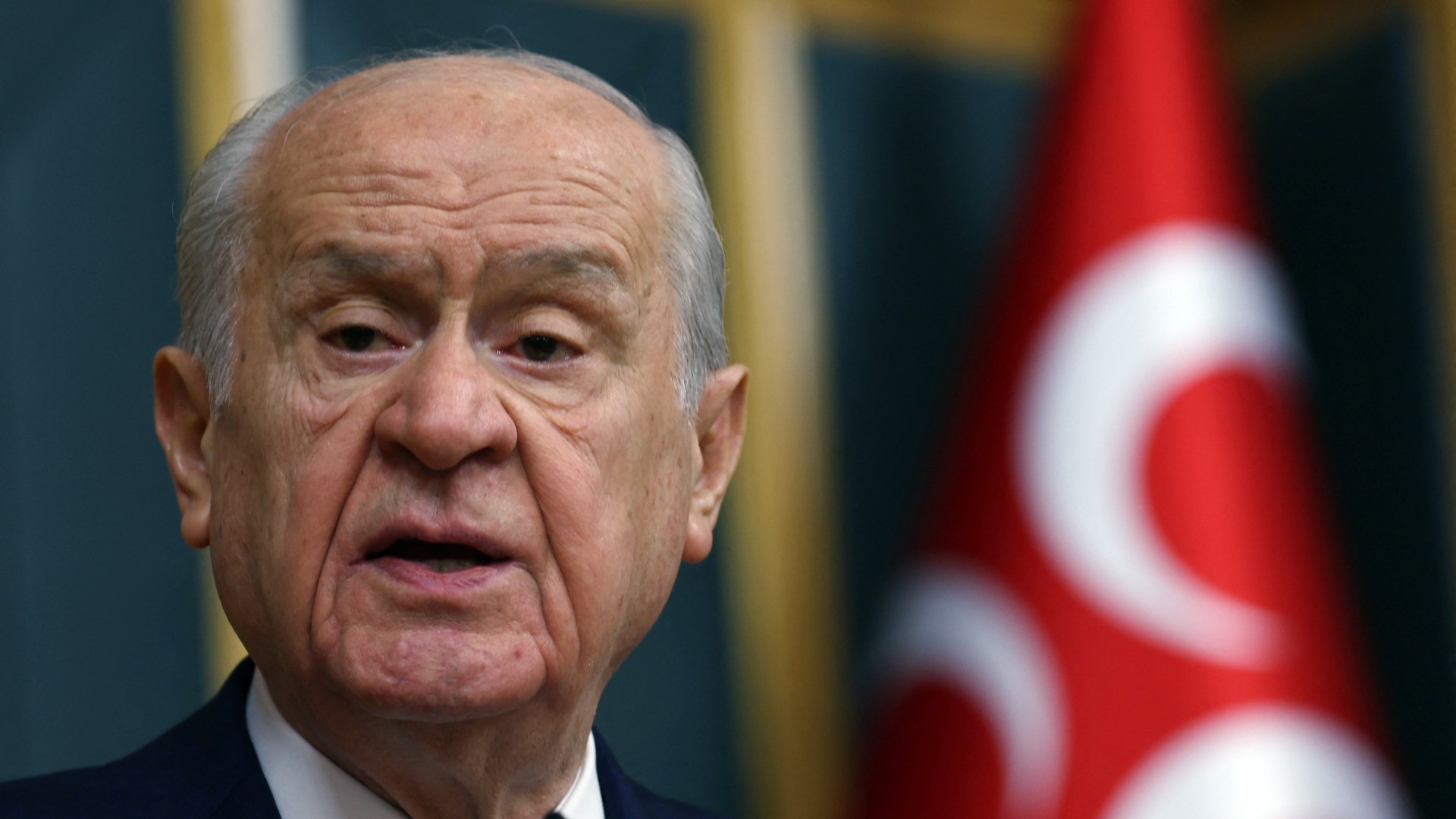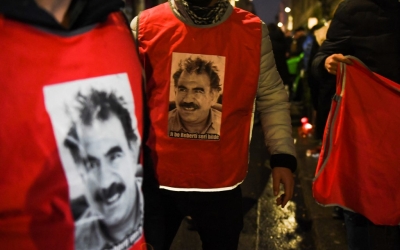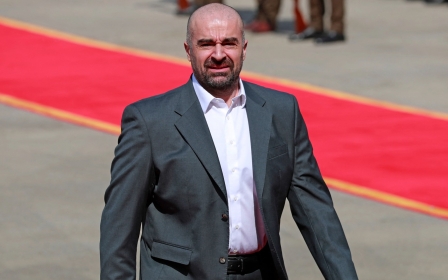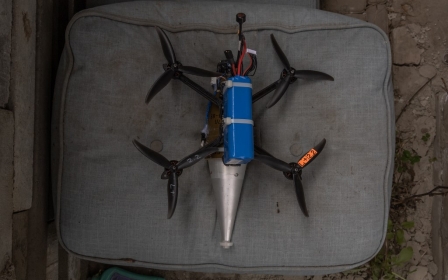Turkey's government is pretending Bahceli’s Ocalan outreach is being done alone

When Devlet Bahceli, a nationalist member of Turkey’s ruling coalition, publicly approved a new round of talks with the imprisoned leader of the Kurdistan Workers’ Party (PKK), Abdullah Ocalan, everyone assumed it was a government initiative.
Since the beginning of October, Bahceli had been making one gesture after another to lay the groundwork for outreach to Kurdish opposition groups.
He first extended a hand to the pro-Kurdish Dem Party at the opening ceremony of the parliament.
And then, he called on Ocalan to publicly order the PKK to disarm. The armed group has waged war against the Turkish state since the 1980s, first for independence and then “cultural autonomy”.
This week, Bahceli went beyond everyone’s expectations and said Ocalan must be allowed to receive visits from his family and lawyers, and suggested he make his call for the PKK’s dissolution from Turkey’s parliament.
New MEE newsletter: Jerusalem Dispatch
Sign up to get the latest insights and analysis on Israel-Palestine, alongside Turkey Unpacked and other MEE newsletters
While comments by Turkish President Recep Tayyip Erdogan have appeared to back Bahceli’s outreach, he is yet to say anything in detail about his own views on the issue.
Yet, Turkish officials and ruling Justice and Development Party (AKP) insiders have been quick to deny that this was a new “peace process” with the PKK.
Previous attempts to end the conflict collapsed in 2015, as Kurdish armed activity grew amid the Syrian civil war.
“Bahceli himself is floating this idea of disarming the PKK. There is no state-wide decision to re-engage Ocalan to begin such talks,” a senior member of the AKP told Middle East Eye.
Two Turkish officials said that neither the National Security Council nor the intelligence service had been involved in the effort, framing the whole issue as a Bahceli adventure.
“This isn’t a state policy nor is the president part of the game plan,” said a third official.
Striking a balance
Bahceli is no lightweight in Turkish politics. His Nationalist Movement Party (MHP) traditionally represents the Turkish nationalism brand in politics.
Thanks to Bahceli and his MPs, Erdogan was able to secure a majority in parliament, and the president routinely consults with him at length before taking crucial steps.
And there are signs that this latest gambit was not taken unilaterally either.
'If Bahceli’s initiative succeeds, they will claim ownership. If it doesn’t pan out, they will deny involvement'
- Turkish government source
The day after Bahceli told parliament that Ocalan’s 44-month-long isolation must be lifted, the PKK leader’s nephew, Omer Ocalan, an MP from the Dem party, was permitted to visit his uncle for the first time in four years.
“You have to involve the Turkish intelligence as well as the Turkish justice ministry to facilitate such a visit,” said a Turkish source who closely follows the issue.
“And many knew for two weeks that Omer Ocalan would visit his uncle as part of the new round of engagements.”
In his speech, Bahceli also mentioned the “right to hope” under the European Convention of Human Rights (ECHR), which suggests everyone should be released after serving a maximum of 25 years.
Bahceli suggested Ocalan could use this legal path to secure release from his for-life prison sentence.
Observers then noted that Sirri Sakik, a Dem MP, submitted a draft law to parliament in September along similar lines, proposing to allow people who had served 25 years in prison to be released.
More suggestive still is the fact that Erdogan himself has not objected to or criticised these statements for the past four weeks, only making occasional comments that look complimentary.
A Turkish government insider said the attitude wasn’t surprising.
“The government doesn’t want to own the new round of engagements with Ocalan nor the PKK, because 2015 taught them a lesson,” the source said.
“If Bahceli’s initiative succeeds, they will claim ownership. If it doesn’t pan out, they will deny involvement.”
This approach provides the perfect cover for the government, claimed the insider.
The attack against the Turkish Aerospace Industries (TAI) on Wednesday by two alleged PKK operatives was illustrative of the balance the government appears to be trying to make.
While the government is not officially engaging with Ocalan, it responded to the attack swiftly with retaliatory air strikes in northern Syria, destroying oil wells and facilities controlled by PKK affiliates, also resulting in deaths, according to the local reports.
But there are indications that some elements within the government don't support Bahceli’s move.
A headline in Yeni Safak, a government-aligned newspaper, on Wednesday declared that the Turkish public does not back any talks with Ocalan.
“After pushing the PKK into northern Iraq, seizing border areas in northern Syria, the PKK has been strategically on the back foot since 2016, and many within the government prefer military solutions to any political progress,” said the government insider.
Middle East Eye delivers independent and unrivalled coverage and analysis of the Middle East, North Africa and beyond. To learn more about republishing this content and the associated fees, please fill out this form. More about MEE can be found here.





